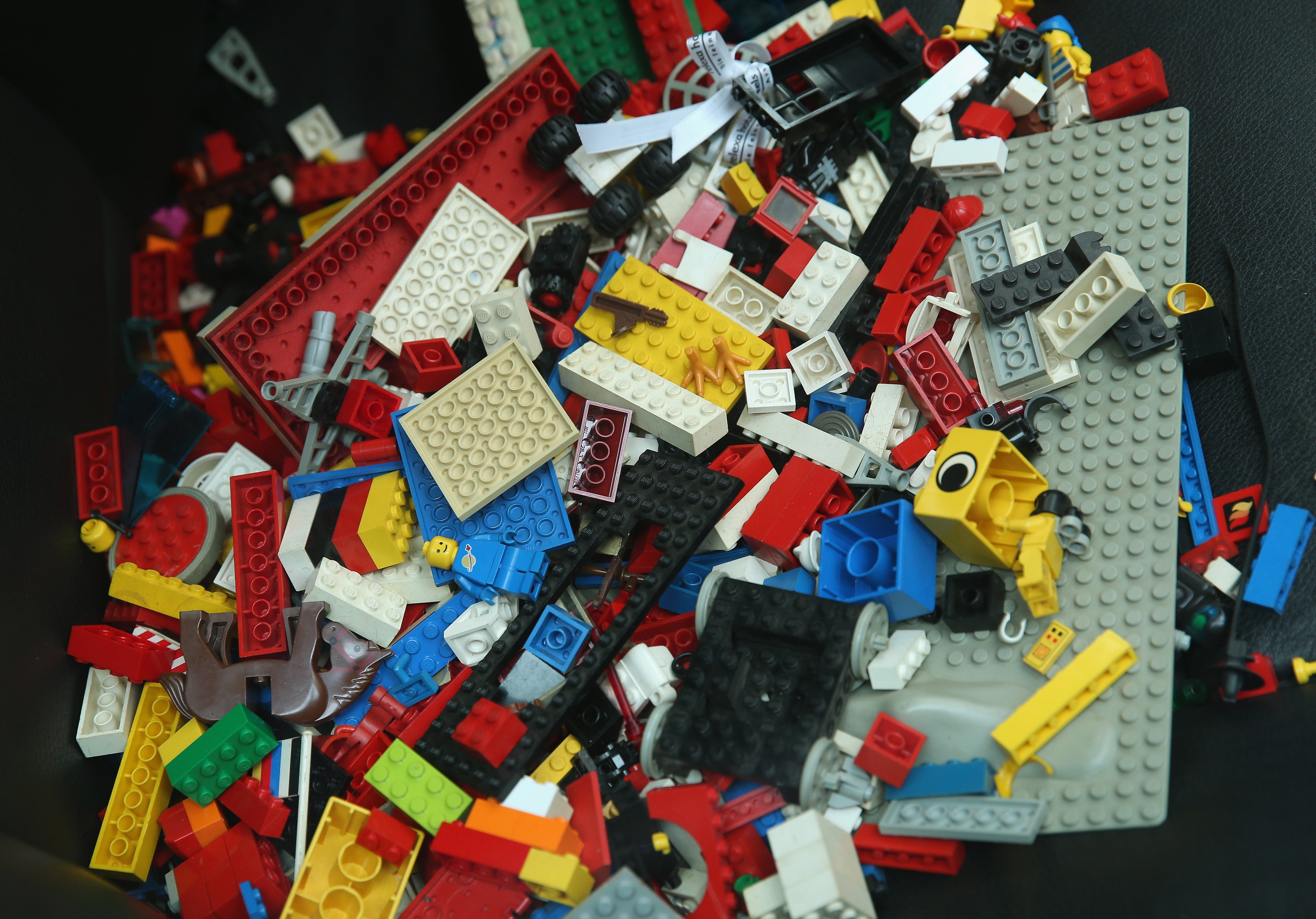Lego unveils first bricks made from recycled plastic bottles
‘Just as kids build, unbuild and rebuild with LEGO bricks at home, we’re doing the same in our lab’

Lego has unveiled new prototype bricks made from discarded plastic bottles in an attempt to make its products from sustainable materials, moving away from oil-based plastic.
To arrive at the current innovation, materials scientists and engineers associated with the company tested over 250 variations of PET plastic materials and hundreds of other formulations, Lego said Wednesday.
While the company has made several attempts to manufacture Lego parts using sustainable materials such as bio-plastic from sugarcane, it said these chemicals are not suitable for making harder and stronger pieces like its iconic bricks.
“Experimentation and failing is an important part of learning and innovation. Just as kids build, unbuild and rebuild with LEGO bricks at home, we’re doing the same in our lab,” Tim Brooks, Vice President of Environmental Responsibility at Lego said in a statement.
According to Lego, the bricks are made from recycled polyethylene terephthalate (PET) chemical sourced from suppliers in the US that use US Food & Drug Administration (FDA) and European Food Safety Authority (EFSA) approved processes to ensure quality.
The Danish company said its patent-pending process, which also uses strengthening additives, increases the durability of PET to make it strong enough for LEGO bricks.
“The result is a prototype that meets several of their quality, safety and play requirements – including clutch power,” it said in a statement.
According to the company, a one-litre plastic PET bottle could provide, on average, “enough raw material for ten 2 x 4 Lego bricks.
“The biggest challenge on our sustainability journey is rethinking and innovating new materials that are as durable, strong and high quality as our existing bricks – and fit with LEGO elements made over the past 60 years. With this prototype we’re able to showcase the progress we’re making,” the company noted.
Explaining the recycling process in an infographic, the company said the process starts with its partners reducing discarded bottles into plastic flakes.
Purified and granulated flakes are then subject to strengthening using special chemicals and made suitable for Lego products, the company said.
Test moulds are made from the granules, and when these pass mechanical tests, the company said more mould bricks are made, testing them further for quality and performance.
After checking qualified bricks for “safety, durability, and playability,” Lego said the materials are then assessed for how they can be coloured.
“Once all necessary tests of the bricks check out, we start analysing the production set up needed to manufacture bricks using the new material,” Lego noted.
The company said it may take longer for bricks made from recycled plastic bottles to appear in product boxes as it continues to test and develop the prototype, and move it to the pilot production phase – a process that may take “at least a year.
“Even though it will be a while before they will be able to play with bricks made from recycled plastic, we want to let kids know we’re working on it and bring them along on the journey with us,” Brooks said.
Environmental activists welcomed the move, but added that recycling cannot be a singular solution to the global plastic crisis.
“It’s crucial that recycling isn’t hailed as the only solution to the plastics crisis. Manufacturers must ensure toys are made to endure many years of use, so they can be handed down and reused from generation to generation,” Friends of the Earth International, a global network of environmental organisations in 74 countries, said in a tweet.
Join our commenting forum
Join thought-provoking conversations, follow other Independent readers and see their replies
Comments
Bookmark popover
Removed from bookmarks